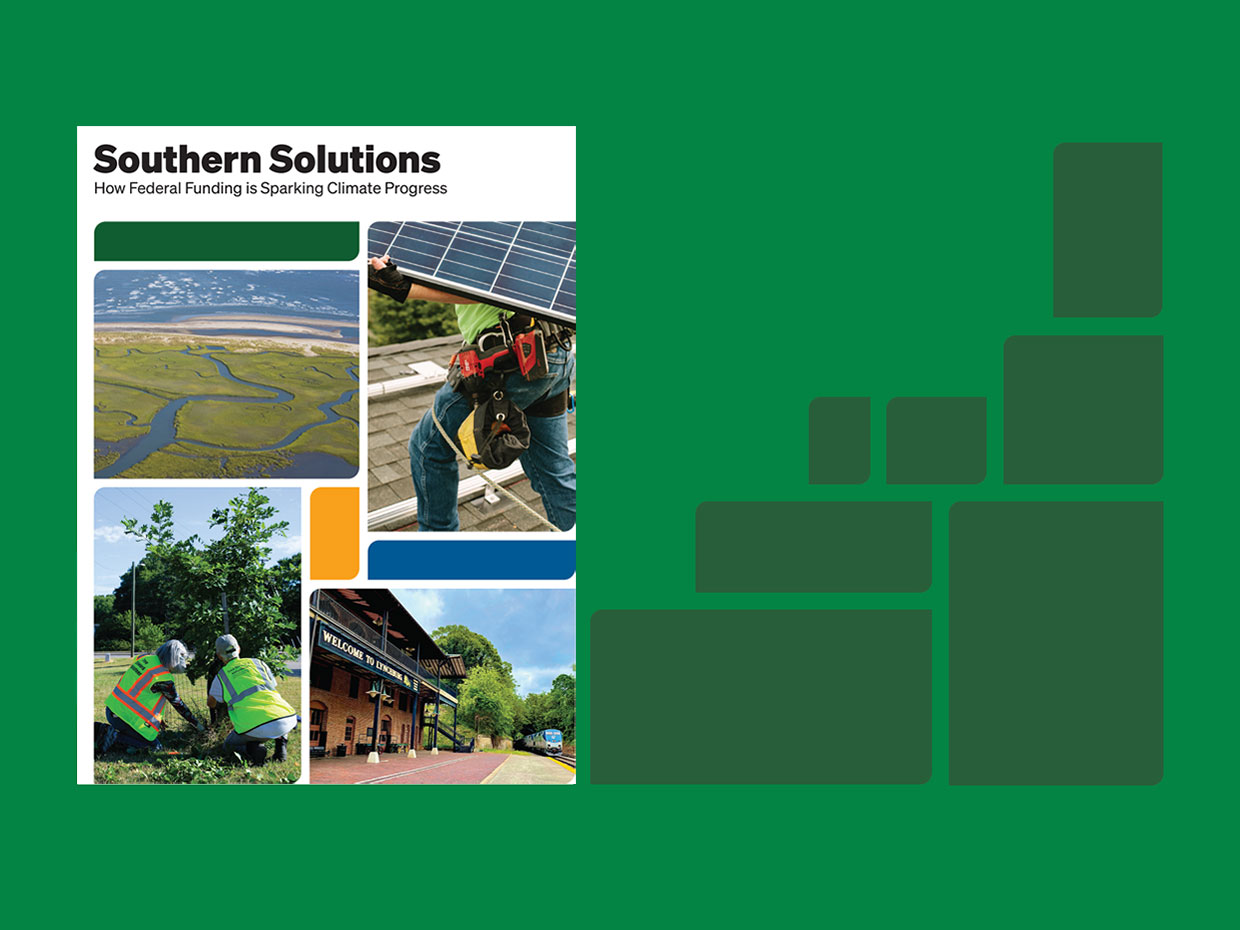Investing in our future
We are in a critical moment for climate action. There are new opportunities because of new funding and clean technologies like the Inflation Reduction Act, energy efficiency programs, and solar energy, which are helping to create real progress across the South.
27x the solar capacity
compared to a decade ago in our six states
$500 million
invested in new environmental justice projects and programs to strengthen southern communities
640% increase
in electric vehicle registrations in less than a decade
43% reduction
Our region has retired 25,600 MWs of coal-fired electricity, reducing coal capacity by 43%
Solutions start here
Connect with us to stay up to date on our latest legal and advocacy work, ways to get involved, and breaking news on how we’re defending our natural resources and the people that live in the South.











